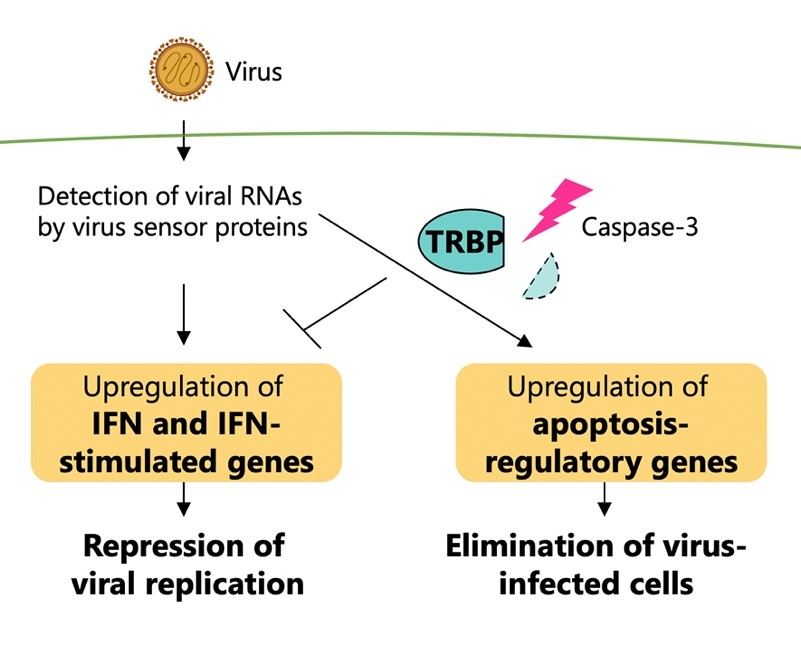Health workers and universities in Timor-Leste will have access to materials to support victims of domestic and sexual violence thanks to a new training curriculum funded by the World Health Organization (WHO) and Rotary and led by researchers at La Trobe University, Universidade Nacional de Timor Lorosa’e, Institute Superior Cristal and PRADET.
The new Timor-Leste curriculum has been adapted from the WHO curriculum and piloted in Timor over the past two years. The findings from the Timor pilot program evaluation contributed to WHO’s newly released global curriculum on caring for women subjected to violence.
La Trobe health systems researcher Dr Kayli Wild, who led the project, says that the Tetum and English language materials are designed to better equip nurses, midwives and doctors to recognise and help survivors of domestic and sexual violence.
“All the materials we’ve developed have been demonstrated to improve students’ understanding of this complex area. They will be learning through skills-based exercises and real stories told by survivors and experienced health workers,” Dr Wild said. UNTL lead collaborator Dr Lidia Gomes said: Timor-Leste was one of the first countries to pilot the curriculum as pre-service training and the evaluation showed excellent learning outcomes for our students.”
ISC head of midwifery Angelina Fernandes said: “A strength of this curriculum is that it’s based on research with midwives and women survivors of violence in Timor-Leste.”
The new curriculum is now being taught within nursing and midwifery degrees in Timor-Leste.
The teaching materials include:
- Facilitator’s manual
- PowerPoint teaching slides
- Student guide
- Video learning resources
The Timor-Leste curriculum is now available online at www.latrobe.edu.au/reducing-violence.








